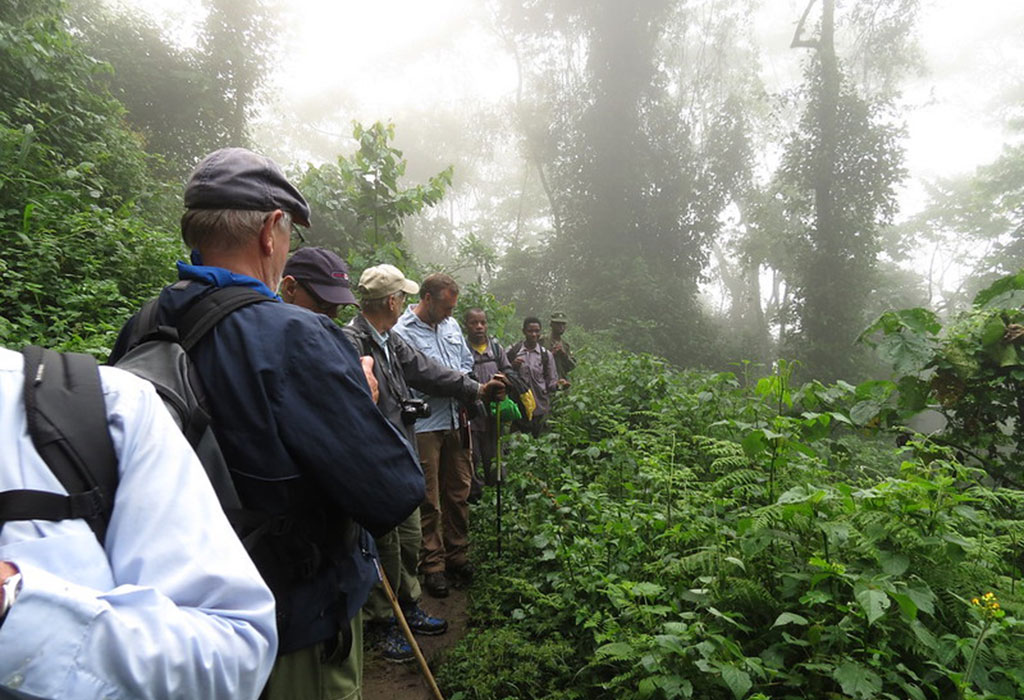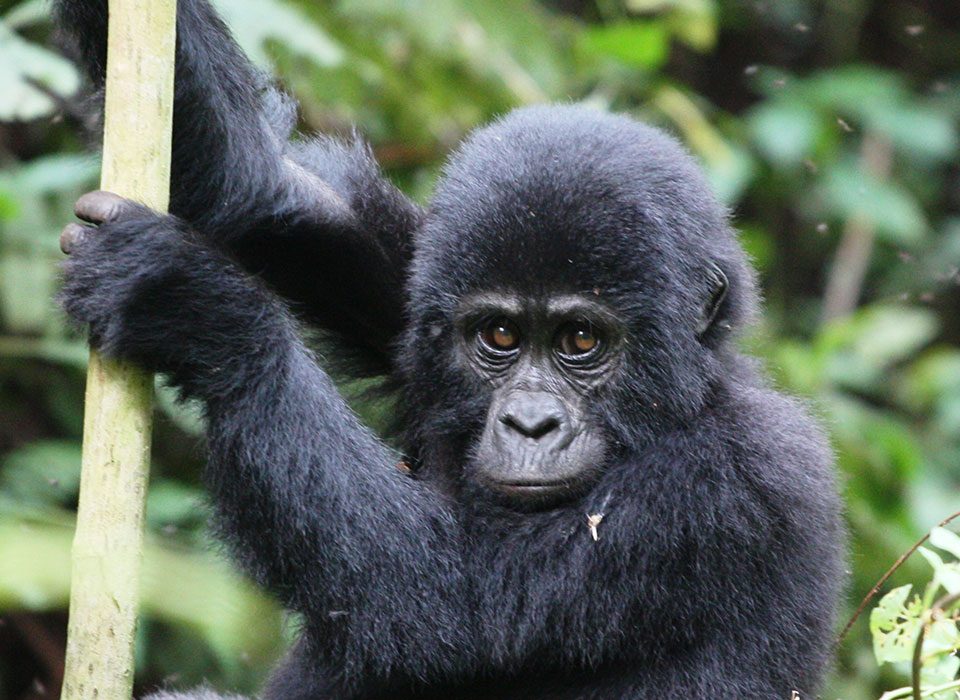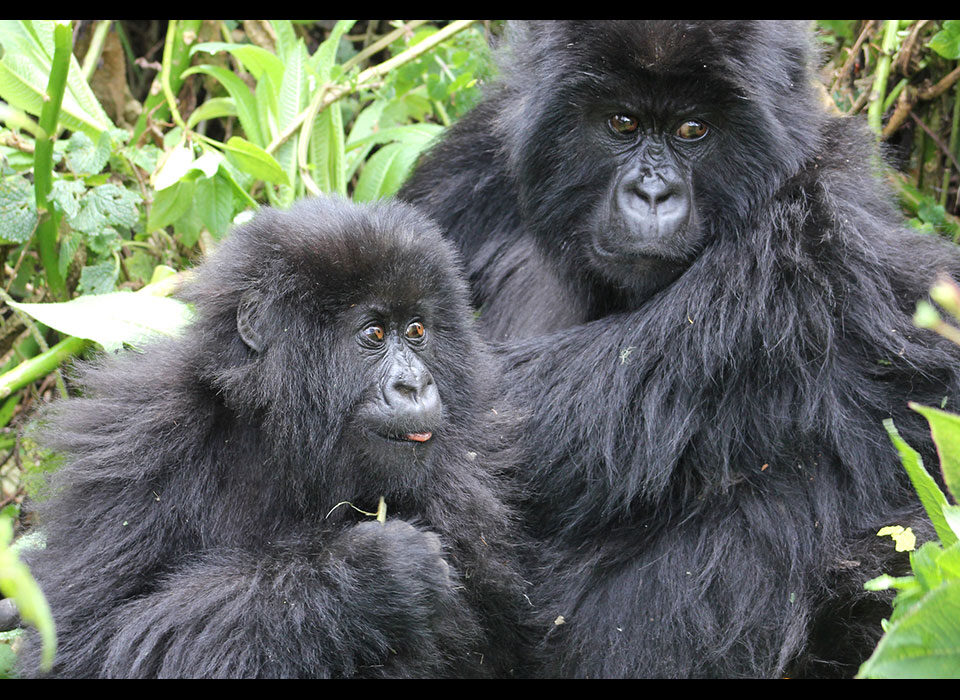
Tips on Planning a Safari to Uganda
January 3, 2025
Visit Uganda in 2025: A Guide to the Pearl of Africa
January 3, 2025
Gorilla trekking is a thrilling, once-in-a-lifetime experience that allows adventurers to observe endangered mountain gorillas in their natural habitat. This unique activity, offered by Wagatil Safaris, combines adventure with conservation, creating unforgettable moments while respecting the gorillas’ environment. However, it requires careful preparation and adherence to safety measures due to the gorillas’ strength and the challenging trekking environment. Follow these comprehensive safety guidelines to ensure a secure and enjoyable experience.
Understanding Gorilla Trekking Regulations
Gorilla trekking is regulated by organizations such as the Uganda Wildlife Authority, the Rwanda Development Board, and similar agencies in the Democratic Republic of Congo. These regulations prioritize the safety of both visitors and gorillas while minimizing the impact on their habitats. Wagatil Safaris ensures that all treks adhere strictly to these guidelines, guaranteeing a responsible and enriching experience.
Key regulations include:
Age Restriction: Gorilla trekking is limited to visitors aged 15 and above. Younger children may unintentionally break rules or pose health risks to the gorillas.
Group Size and Time Limit: Trekkers are grouped in a maximum of eight people per gorilla family, with a one-hour limit in the gorillas’ presence. This minimizes stress for the animals and reduces their exposure to human diseases.
Permit Requirements: Trekking permits are mandatory, as they fund conservation efforts and regulate the number of visitors in the parks.
By respecting these rules, Wagatil Safaris ensures a harmonious balance between adventure and conservation.
Physical Safety Tips for Trekking
The mountainous terrain of Bwindi Impenetrable Forest, Volcanoes National Park, and other gorilla habitats can be challenging. Proper preparation is essential:
Prepare Physically: Trekking often involves steep slopes, dense vegetation, and multi-hour hikes. Engage in regular cardio and strength exercises before your trip to improve stamina.
Hire a Porter: Wagatil Safaris offers porter services to assist with carrying belongings. Not only does this lighten your load, but it also supports the local economy.
Wear the Right Gear:
Footwear: Invest in sturdy, waterproof hiking boots with good grip for stability on slippery trails.
Clothing: Wear long-sleeved shirts and trousers to protect against insects and thorny plants. Dress in layers to accommodate changing temperatures.
Rain Gear: Waterproof jackets and backpack covers are essential, as rain is frequent in these regions.
Watch Your Step and Pace: Trek slowly and carefully, following your guide’s pace. The terrain can be unpredictable, so deliberate steps are crucial.
Health and Hygiene Measures
Maintaining proper hygiene is vital to protect both yourself and the gorillas:
Practice Disease Prevention:
Stay home if unwell. Inform Wagatil Safaris or park authorities if you exhibit symptoms such as coughing or sneezing.
Maintain a minimum distance of 7 meters (23 feet) from gorillas to prevent disease transmission.
Avoid touching plants or objects along the trail, as they may carry harmful bacteria.
Carry Essentials:
Pack enough water and energy snacks to stay hydrated and fueled.
Use biodegradable sunscreen and insect repellent to protect your skin and the environment.
Behavioral Safety Around Gorillas
Gorillas are gentle but can be easily stressed by human behavior. Following your guide’s instructions is key:
Stay Calm and Composed: Sudden movements or loud noises can startle gorillas. Remain calm to avoid unnecessary stress for the animals.
Follow Your Guide’s Instructions: Guides are well-versed in gorilla behavior. Trust their expertise regarding positioning and conduct near the gorillas.
Respect Gorilla Communication: Gorillas use sounds and body language to express themselves. For example, chest beating or low rumbles may indicate assertiveness. Avoid direct eye contact and follow your guide’s advice on how to respond.
Limit Photography Disturbances: While photography is allowed, ensure your camera’s flash is off. Bright lights can disturb the gorillas and disrupt their natural behavior.
Environmental and Ethical Considerations
Responsible tourism is central to gorilla conservation:
Leave No Trace: Adhere to “leave no trace” principles. Avoid littering or leaving food wrappers behind.
Support Conservation Efforts: By booking your trek with Wagatil Safaris, you contribute directly to conservation programs. Consider additional donations to further support these initiatives.
Additional Safety Tips for the Trek
Carry a First Aid Kit: Minor scrapes or blisters are common during treks. Pack band-aids, antiseptics, and anti-inflammatory medication.
Avoid Attracting Insects: Use fragrance-free products to minimize insect attraction.
Understand Emergency Procedures: Wagatil Safaris’ guides are trained in emergency protocols. Familiarize yourself with basic procedures for added confidence.
Choosing Safe Accommodations and Logistics
Selecting the right accommodations and services enhances safety and comfort:
Opt for Reputable Lodging: Wagatil Safaris partners with eco-friendly lodges like Buhoma Lodge, Volcanoes Bwindi Lodge, and Virunga Lodge, ensuring convenience and safety near trekking points.
Use Local Guides: Local guides have unmatched knowledge of the terrain, weather, and wildlife, making your trek smoother and more enjoyable.
Take Health Precautions: Protect against malaria by using mosquito nets, repellents, and considering anti-malarial medication.
Conclusion
Gorilla trekking with Wagatil Safaris offers an extraordinary opportunity to witness these majestic creatures in the wild. By adhering to safety guidelines, respecting the gorillas’ natural behavior, and understanding the trek’s physical demands, you not only ensure your safety but also contribute to the preservation of these endangered animals. Through responsible tourism and thoughtful preparation, your encounter becomes not only a personal milestone but also a step towards safeguarding mountain gorillas for future generations.



